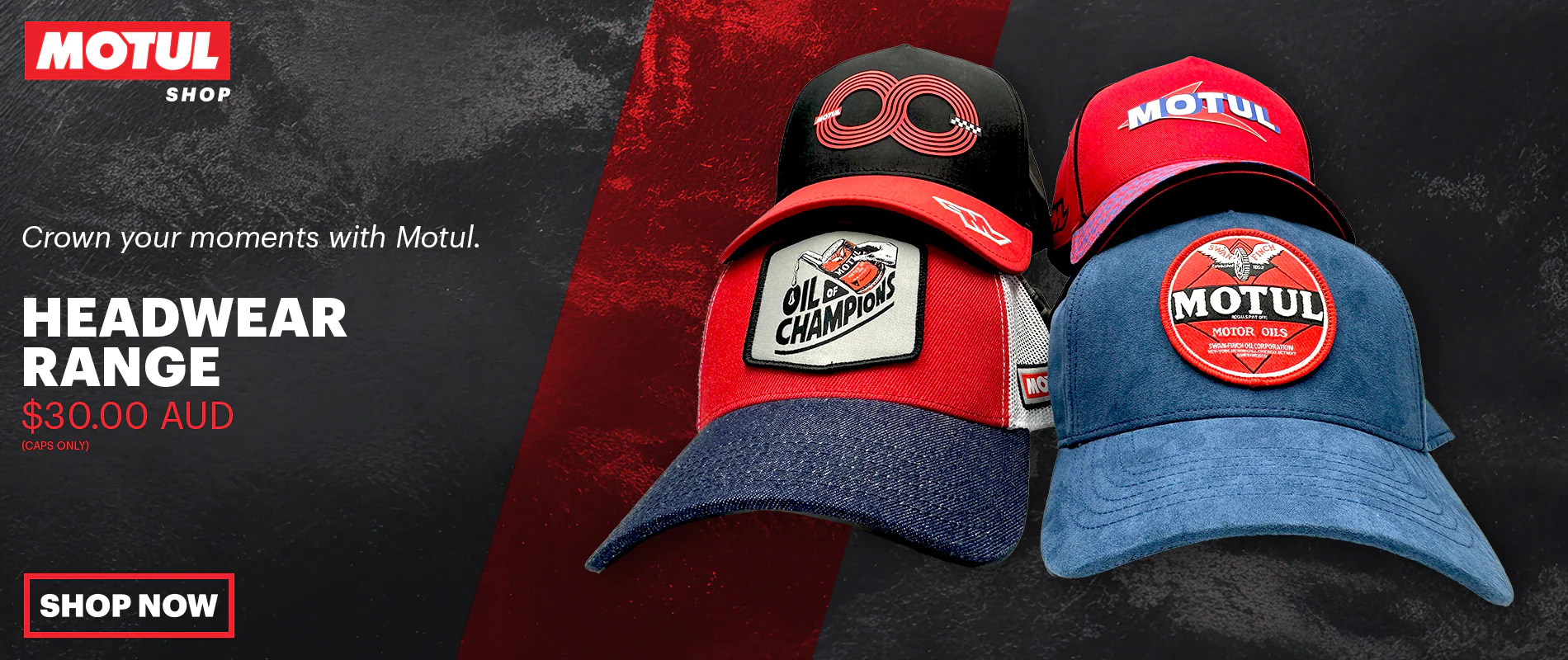Search Engine Optimization SEO strategies helps the oil and gas marketing industries to bring relevant users to your website and give them organic traffic .In the competitive landscape of online marketing, optimizing your engine oil website is crucial for reaching your target audience and staying ahead of the curve.
Website Suggestions
To convert website visitors into buyers, eCommerce websites must have high-quality web designs.
Your website’s design should ideally make purchasing and the payment procedure as simple, quick, and stress-free as feasible.
All it takes to create an e-commerce experience that will wow your clients is a little inspiration from the leading e-commerce firms.
User-Friendly Navigation
Providing a user-friendly navigation system is essential to assisting customers in finding the things they need fast.
Product Videos
our product pages’ conversion rates may rise if you include videos.Over 50% of consumers claimed that watching videos online aided them in choosing a brand or product, according to Think With Google.Retailers can add photographs and videos to their product pages on the majority of e-commerce platforms.
Product Reviews
Product reviews and ratings are the most common type of user-generated content on e-commerce websites.This portion of an online product page is essential for giving customers social proof that a product will meet their demands.
FAQ For Products
Including a section of the most common questions that consumers ask is another approach to offer user-generated content to your online store.
Increase the number of sales by answering your customer’s top pre-sales questions about your products.
Reduce the amount of time your customer service has to spend on answering questions about products, before and after the purchase.
Email Opt-In
Getting a visitor to sign up for your email list is one of the next greatest conversions for your store if you can’t get them to buy something from your website.
Push Notifications
Push notifications are the next best thing to using spam filters and social media algorithms to turn visitors to your e-commerce business into subscribers.Visitors can subscribe to your latest updates in their browser by using push notification providers.
Chatbots
The capacity of an e-commerce website to make money year-round, 24 hours a day, 7 days a week, is one of its advantages. It also entails offering assistance to your clients during certain times.
A lot of online retailers employ chatbots to direct customers to a particular product or support page and help them with simple inquiries.
Product Availability Filters
Do you provide your consumers a variety of options for delivery or pickup? Allow customers to easily locate available products with their selected pickup or delivery option.
Local Store Information
If your online store has physical locations as well, you can increase offline sales by including information about the closest store in the top of your website.
Before making an in-store purchase, customers would be able to shop online, make reservations for in-store pickup, or peruse the inventory of their local store
SEO Suggestions
Keyword Optimization:
Tailor your website content, meta tags, and product descriptions with relevant keywords related to engine oil. Conduct thorough keyword research to identify high-impact terms that resonate with your target audience.
Content is King:
Develop informative and engaging content that not only showcases your range of engine oils but also provides valuable insights into their benefits, usage, and industry trends. Regularly update your blog with fresh, relevant content to keep your audience engaged.
Technical SEO:
Ensure your website is technically sound by optimizing elements such as site speed, mobile responsiveness, and clean URL structures. Implement proper tags (title tags, meta descriptions, header tags) to enhance search engine visibility.
Backlink Building:
Build a robust backlink profile by acquiring high-quality, relevant backlinks from reputable websites in the automotive and engine oil industry. Collaborate with influencers, participate in industry forums, and seek guest posting opportunities.
Local SEO for Retailers:
If you’re selling engine oil products locally, optimize for local searches. Claim your Google My Business listing, encourage customer reviews, and ensure your business information is consistent across online directories.
Social Media Integration:
Leverage social media platforms to amplify your engine oil brand. Share informative content, engage with your audience, and use social media signals to boost your website’s SEO. Consider running targeted ads to reach a wider audience.
User Experience (UX) Matters:
Prioritize a seamless user experience on your website. Ensure easy navigation, fast loading times, and a user-friendly interface. Search engines reward websites that offer a positive user experience.
Analytics and Iteration:
Implement tracking tools like Google Analytics to monitor website performance. Analyze user behavior, identify top-performing pages, and adjust your SEO strategy based on data insights.
Video Content Optimization:
Integrate video content that showcases the benefits of your engine oil products. Optimize video descriptions, titles, and tags to enhance visibility on both YouTube and search engine results pages.
E-commerce SEO for Product Pages:
If your website includes an e-commerce section, optimize product pages with clear descriptions, high-quality images, and customer reviews. Implement structured data markup to enhance product visibility in search results.
Conclusion
By implementing these SEO strategies, your engine oil website can accelerate its online presence, attract a targeted audience, and drive conversions. Stay ahead in the digital race and position your brand as a trusted authority in the engine oil industry.”


